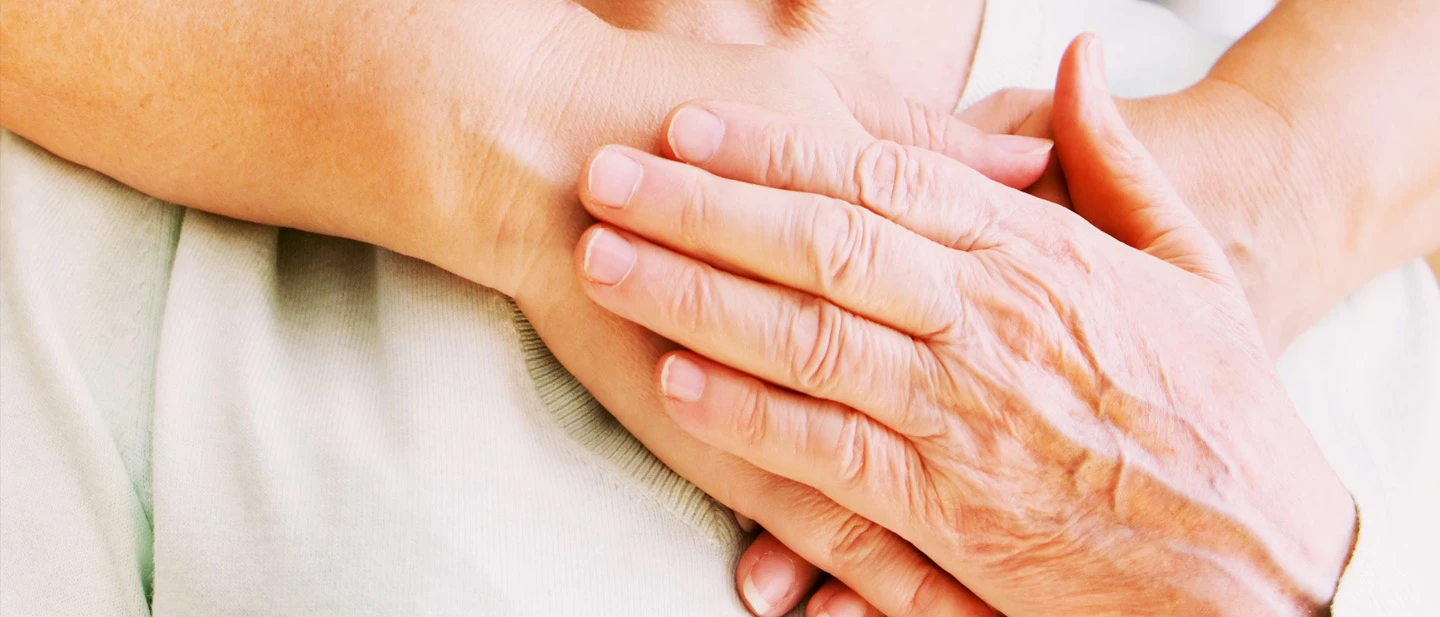End of Life Resources
From cost breakdowns to grief support, we have guidance for everything that goes into funeral preparations and planning.

From cost breakdowns to grief support, we have guidance for everything that goes into funeral preparations and planning.
